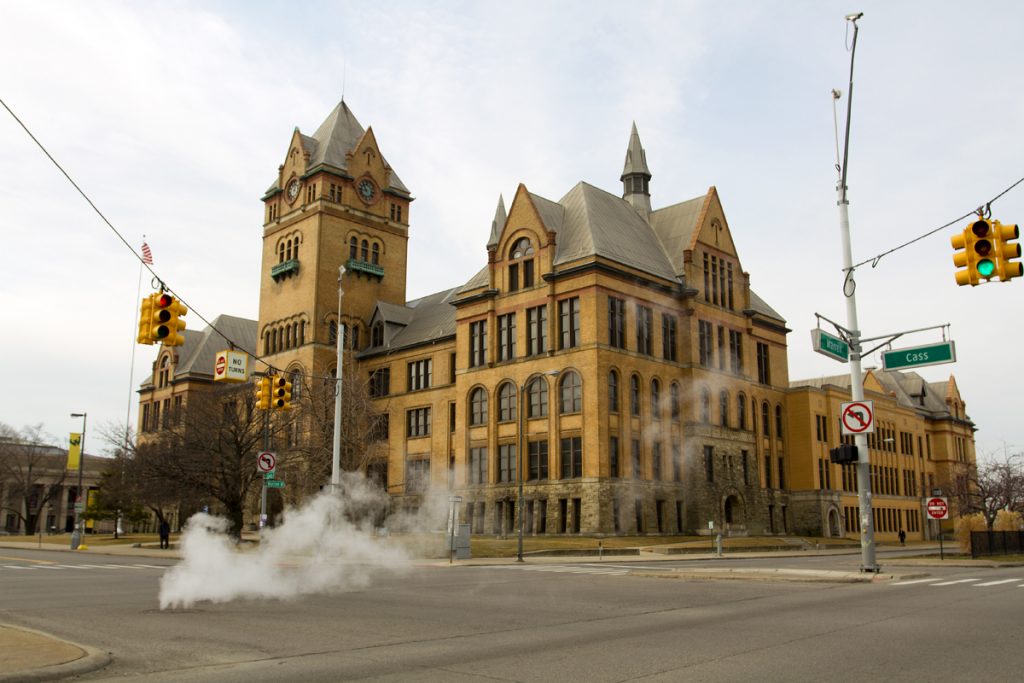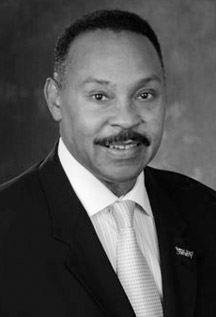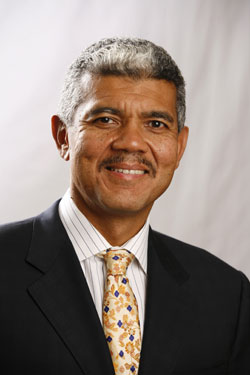
After insisting they did nothing wrong by secretly approving a $25,000 bonus for Wayne State University President M. Roy Wilson, the elected Board of Governors will now vote on the generous payout at its next public meeting on Sept. 23.
The decision was announced after Motor City Muckraker questioned whether the board violated the Michigan Constitution and Open Meetings Act by voting privately and over the phone on a bonus that bumped Wilson’s base salary to $522,000.
After declining interview requests for nearly a month, Board Chairman Gary Pollard finally broke his silence by issuing a statement through the university’s spokesman.

“The Wayne State Board held one Executive Committee meeting in July, on a personnel matter,” Pollard’s statement reads. “The action taken at that meeting will be ratified at the Board’s next public meeting, in September, as is standard board practice.”
That contradicts statements by board member Kim Trent, who told Motor City Muckraker that the board is not required to publicly vote on the bonus.
“The board decided to give him a bonus,” Trent said, but added: “We don’t typically vote when we have phone meetings.”
What Pollard failed to say was that the board has held several private, over-the-phone meetings this summer, including one last week, on a number of issues that the university has declined to discuss. It’s unclear how many times they voted over the phone because the board and its secretary, Julie Miller, refuse to discuss it.

The board routinely meets in private to talk about financial and policy issues that affect taxpayers and students. It’s a big reason why most board members rarely debate or discuss the merits of their decisions – because they already revealed their positions behind closed doors and often know how each other is going to vote.
Attorney Herschel Fink, a First Amendment and media law expert who is asking the Michigan Supreme Court to rule on the legality of closed-door meetings by university boards, said the public loses when elected board members meet and vote in private.
“We’re talking about public universities that spend enormous amounts of money without oversight,” Fink told me. “They don’t have the right to make decisions and then cover them up. This is basic government transparency.”
Just weeks before privately voting on the $25,000 bonus, six of the eight board members approved a 2.4% tuition increase. Since 2003, Wayne State’s tuition has increased 152%, state records show. Of the 15 public universities in Michigan, Wayne State had the third largest tuition increase over the past 13 years.
Board members Dana Thompson and David Nicholson voted against the tuition hike. The remaining members – Pollard, Trent, Paul Massaron, Sandra Hughes O’Brien, Marilyn Kelly and Diane Dunaskiss – supported the tuition increase.
The decline in enrollment and cash reserves prompted two top rating agencies to downgrade Wayne State’s outlook to “negative.”
It’s unclear how many of the eight board members voted to approve the president’s bonus, but Trent said a majority supported it.
That could change on Sept. 23, when students and faculty plan to urge the board to reject the bonus. But Wayne State’s Board of Governors doesn’t make it easy to speak at public meetings. To address the board, the public must fill out a written request and send it to the university via postal mail. Most public universities in Michigan allow the public to speak by signing up at the meeting or filling out an online form.
Wayne State’s Board of Governors also limits public comment on one issue to 15 minutes – no matter how many people want to speak.
“If multiple requests are received for presentations on the same topic and viewpoint, it is recommended that a representative be chosen to present its point of view,” according to the Board of Governors’ rules. “When the Board believes that adequate public input has been obtained on any issue, testimony may be closed by majority vote.”
Despite the university’s cash and enrollment problems, the Wilson administration entered into a “confidential” agreement with Mike Ilitch to build a new business school named after the billionaire entrepreneur. Under the agreement, the university must contribute $24 million to build the $59 million Mike Ilitch School of Business. Motor City Muckraker obtained a copy of the “gift agreement,” which puts taxpayers and students on the line for additional money if problems with construction arise.
Despite a university policy that requires board approval for gifts, the Board of Governors never approved the Ilitch agreement.
Trent said the policy only refers to “gift annuities or planned gifts.”
“It is my opinion that we are not required to vote on gifts like that,” Trent said. “That’s how we have been advised by our attorney.”
That attorney, Louis Lessem, who is the university’s general counsel, has declined to respond to our questions.
The Detroit Free Press erroneously reported that the gift agreement was approved and has declined to correct the error.
This is part of Motor City Muckraker’s ongoing series about Wayne State University’s spending decisions at a time when enrollment is declining and tuition is increasing.
Motor City Muckraker is an independent, ad-free watchdog that relies on donations. Your contribution will help us continue serving as a watchdog who answers to no one but the public.
http://rxbuywithoutprescriptionrxonline.com/citalopram.html
buy Premarin online
ttp://rxbuywithoutprescriptiononline.com/fluoxetine.html
Steve Neavling
Steve Neavling lives and works in Detroit as an investigative journalist. His stories have uncovered corruption, led to arrests and reforms and prompted FBI investigations.

4 Responses to "WSU Board of Governors will now publicly vote on president’s $25,000 bonus"